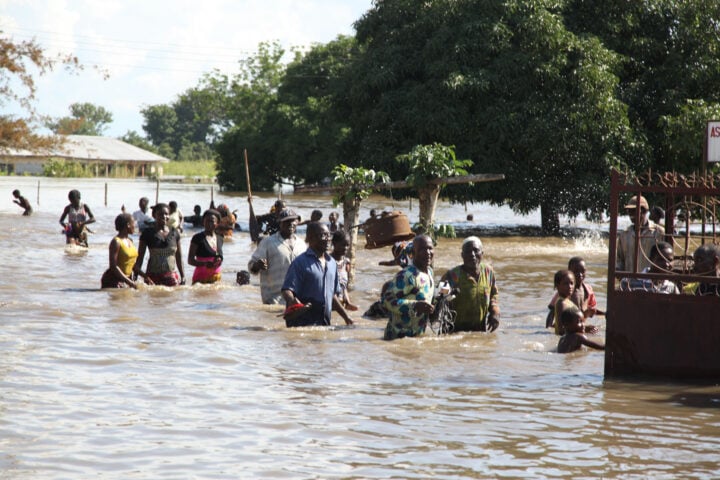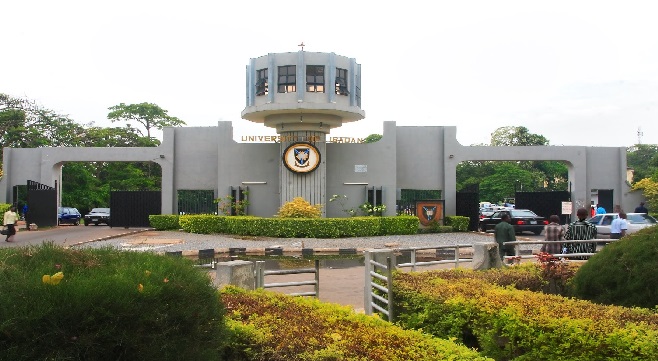Despite directly impacting our communities, health and livelihood, climate-related reports usually take a back seat to dominant news beats like politics and business. Climate Watch aims to ensure you never miss important stories on climate change and actions being taken towards limiting its impact.
Here is a round-up of last week’s climate stories:
- The impacts of climate change in Nigeria greatly affects rural women who make up most of the farming population, and this goes to affect food production and food security in Nigeria. Putting this into consideration, the Nigerian Meteorological Agency (NiMet) has said it will begin dissemination of weather alerts to women in rural areas to help tackle weather-induced disasters and food insecurity caused by climate change. Mansur Matazu, the director-general of the agency, said when women are armed with weather information, cases of crop losses across the country will be reduced. Read more here.
- Experts have been advocating that an intensive adoption of renewable energy could be the solution the world needs to overcome climate change and move towards a zero carbon emission future. David Arinze, a renewable energy expert, believes that for renewables to scale and receive the traction they deserve in Nigeria, there should be a first-degree course in Nigerian universities that gives certification to renewable energy engineers. Arinze, who said the renewable energy sector could bring about significant development, mitigate climate change and create jobs, added that renewable energy engineering should not be embedded into mechanical or electrical courses in universities. Read more of what he said here.
Advertisement
- Hurricane Ida which rocked the US last week left more than one million households without power. The hurricane which hit the country’s south was felt the hardest in the state of Louisiana where about 996,000 households were left without electricity, while another 36,000 households were affected in the neighbouring Mississippi. The storm came 16 years after the state was battered by Hurricane Katrina, which caused the deaths of more than 1,800 people, alongside catastrophic damage and flooding in and around New Orleans. Many believe the hurricane was made worse by climate change. Find out more here.





